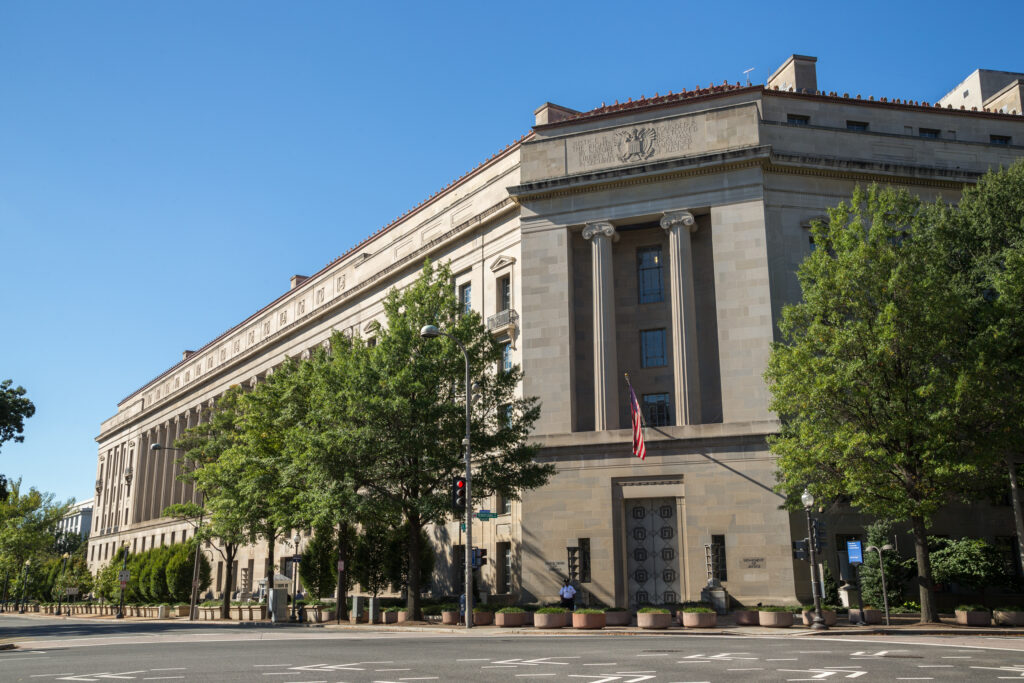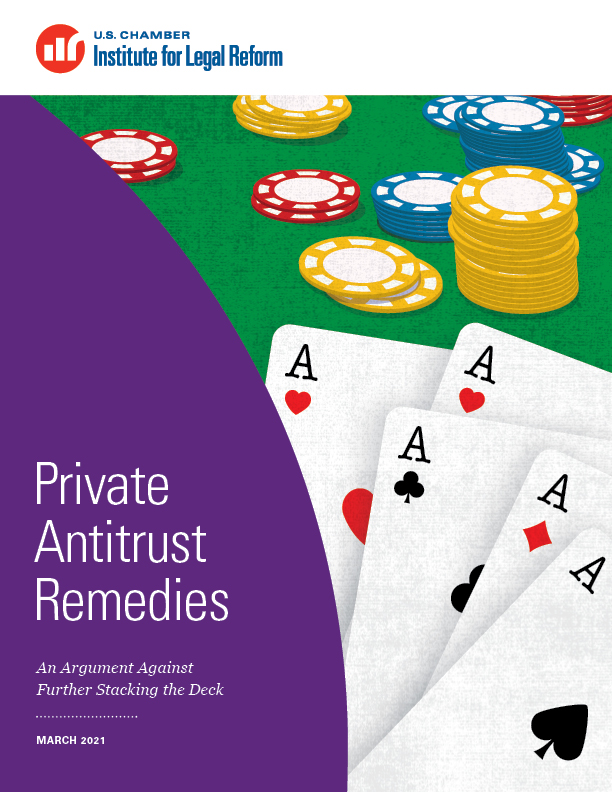In recent years, the U.S. Department of Justice focused on getting a “win,” no matter what it took. Guidance from the top told U.S. attorneys to go for the biggest settlement or the highest ranking official connected to an alleged wrongdoing, no matter how big or small.
Look no further than the 2016 lawsuit against FedEx, in which DOJ attorneys called the shipping company a “drug courier” and sued it for more than $1 billion in fines. Just four days into trial, where FedEx showed it actively worked with law enforcement to avoid unknowingly shipping illegal goods, the DOJ dropped the charges and ordered a review into how that case even got to trial. The judge presiding over the case declared FedEx “factually innocent.”
That was the DOJ’s old approach to enforcement. A no-holds-barred, win-at-all-costs posture that drained businesses of resources needed to invest in job creation and our economy.
Fortunately, today’s DOJ has adopted a smarter, more rational enforcement mentality.
This began in earnest last fall, when Deputy Attorney General Rod Rosenstein said the Department should not “blindly accept past practices” and instead be “conscientious about reconsidering our assumptions.”
Those past practices included “pile on” enforcement, where many agencies investigate the exact same thing. Rosenstein said that the Department was “mindful” of the practice, and that his agency “should not be extracting settlements unless they’re justified by the facts and the law.”
A few weeks later, Attorney General Jeff Sessions went a step further. He said the Department will stop the “practice of regulation by guidance,” referring to prosecutors treating non-binding interpretations as actual law.
Positive signals soon turned into concrete action. Rosenstein announced a new, compliance-based policy for Foreign Corrupt Practices Act enforcement. He said he wanted to “reassure corporations that want to do the right thing” by self-reporting wrongdoing and cooperating with investigations. A compliance-first approach incentivizes companies to self-report, cooperate with investigators and prosecutors, and make a good-faith effort to address misconduct by reducing resulting financial and criminal penalties in return.
Following up on Sessions’ comments, Associate Attorney General Rachel Brand told U.S. attorneys not to “effectively convert agency guidance documents into binding rules.” This helps simplify the enforcement space by giving businesses more confidence in the letter of the law.
This new outlook has already generated significant change in DOJ enforcement policy. The U.S. Chamber Institute for Legal Reform’s Executive Vice President Harold Kim said the Department “deserves a ton of credit” for their efforts to rein in “overzealous enforcement.”
These developments are only the beginning, however, and there is more work to be done. But the new approach suggests that today’s DOJ is ready to work with businesses, not against them.



